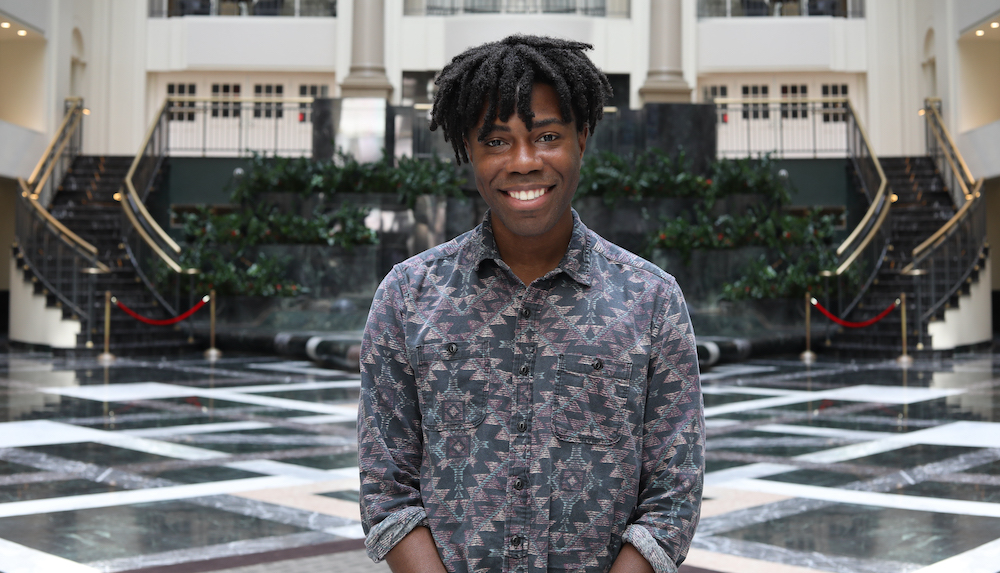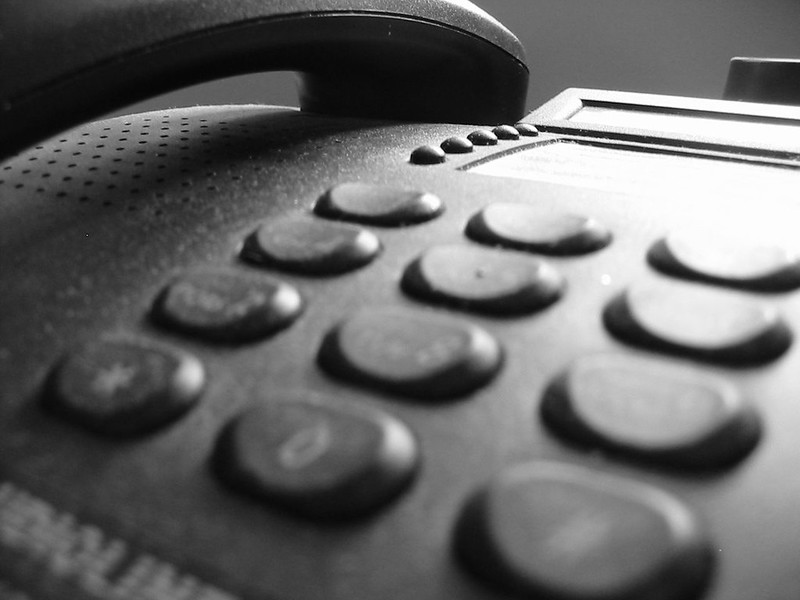Baltimore City government’s recently-renamed Department of Telecommunications is wrapping up a phone line modernization project that has saved $2.4 million for city government, and, in turn, taxpayers. That’s according to the City comptroller’s office, which oversees the department.
Through the project, the department has been identifying and reducing unused City telephone lines and circuits, which are also known as ghost lines. It’s part of a five-year effort to convert the city’s phone lines to Voice-over-Internet-Protocol phones from legacy landline telephone systems.
“For over 30 years, Verizon managed the phone lines in the City, but was not able to provide us with accurate data on where lines were actually installed,” said Simon Etta, director of telecommunications for the City of Baltimore. “With the conversion to VoIP in the City, we now have the flexibility to terminate these lines, update our internal records and stop paying for those we do not need.”
In fiscal year 2021, the telecommunications department has identified and disconnected over 622 unused ghost landlines, circuits, fax and elevator lines. As a result of the telephone systems review and ongoing upgrades of legacy systems to VoIP, the department said it has saved the City $2.4 million by reducing monthly payments to third-party vendors in telephone costs from over $300,000 a month to less than $85,000. When the last 10% of conversions are complete, Etta expects that monthly bill to be as low as $40,000.
“When you have disparate systems, you have multiple contracts,” Etta said. “Multiple contracts cost a lot of money. Various agencies have contracts with different vendors and there were no fixed costs. We got rid of all that and centralized everything.”
Now the city is able to act as its own telecom provider, maintaining and servicing the city servers for communication lines as a central entity instead of each department having its own bill with the Verizon’s or AT&T’s of the world. The City’s public school district and public library system still currently operate on their own telecoms system, but the department is in talks to bring them into the fold.
“The Department of Telecommunications is providing a great example of how in-house expertise can be more efficient and effective than outsourcing,” Baltimore City Comptroller Bill Henry said. “Our team is working hard to make sure that our agencies can access up-to-date technology.”
It’s the latest chapter in the long-running effort to convert the city’s phone systems to updated technology. At one point in 2012, the VoIP modernization project spawned a legal battle between former Comptroller Joan Pratt and former Mayor Stephanie Rawlings-Blake that centered on the question of where phones end and computers begin. Now, the enterprise project is nearing completion. Under Henry, who took office about a year ago, the department formerly known as the Municipal Telephone Exchange during Pratt’s tenure is now the department of telecommunications. Now, the department is looking forward to stepping into its role as the center of communications in the city, leaders said.
Donte Kirby is a 2020-2022 corps member for Report for America, an initiative of The Groundtruth Project that pairs young journalists with local newsrooms. This position is supported by the Robert W. Deutsch Foundation.Join the conversation!
Find news, events, jobs and people who share your interests on Technical.ly's open community Slack

Baltimore daily roundup: An HBCU innovation champion's journey; Sen. Sanders visits Morgan State; Humane Ai review debate

Baltimore daily roundup: Medtech made in Baltimore; Sen. Sanders visits Morgan State; Humane Ai review debate

Baltimore daily roundup: The city's new esports lab; a conference in Wilmington; GBC reports $4B of economic activity


